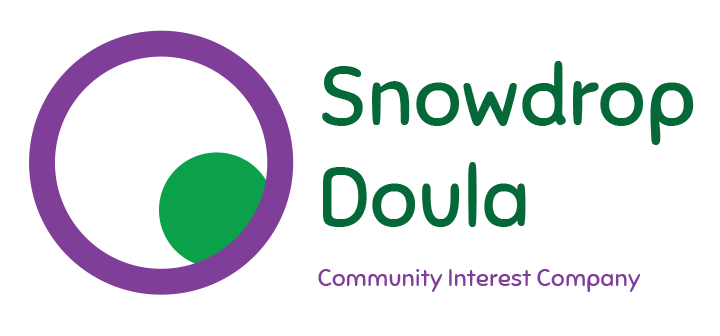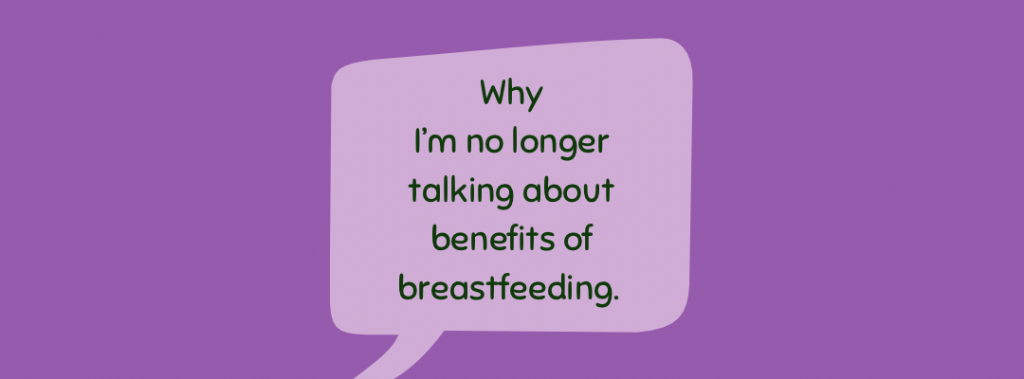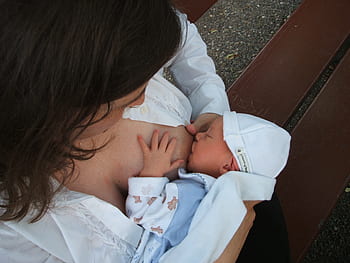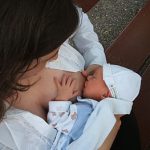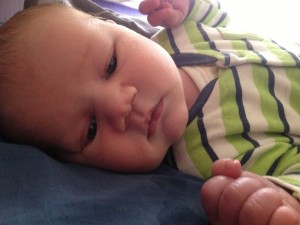Bit of background here… I have been involved in infant feeding support and education for around 16 years now. I am very passionate about adequate support for breastfeeding for the whole family.
In this time I’ve seen just about every scenario. Our model of support at Snowdrop Doula CIC triples the chance of breastfeeding at 6weeks and 6months.
In my practice I started off sharing all the benefits of breastfeeding. This felt important then as I believed parents to be were unaware of the evidence.
I now believe this is likely to do more harm than good. Here’s some of why I now think this.
Advertising of formula and breastfeeding.
We now have a lot more advertising and campaigns for the benefits of breastfeeding. It is no where near enough or even the right way but it exists, nonetheless.
We see formula advertising talking about how breastfeeding is best and how their milk is trying to replicate it. These ads are seen by everyone and so that message does get heard. (Yes, there’s very clever marketing in that so you buy their product but the message remains). Seeing these adverts does put a simple message in a person’s mind that breastmilk has properties that formula can’t ever replicate, because they are saying how they are trying to replicate breast milk, “over 50 years of breast milk research”, etc.
Depending upon the area you live there are various NHS campaigns as to the benefits and “breast is best”. This helps to cement what we have already seen on TV. In addition to this, midwives and antenatal information given includes the benefits too. I am not naïve to think this is consistent in areas nor optimal. It is not. Still more should and could be done.
This all contributes to a basis in messaging via advertisements of breastmilk being optimal for health of both mother and baby. It would be rare for a pregnant woman to not have seen any of this or for conversations with family and peers have happened.
Parents are not stupid.
In this article I am concentrating on why I no longer talk about benefits in a class setting. Parents who attend antenatal classes have a tendency to have already been seeking information on birth and feeding. They have often seen the information in that breast milk has more beneficial properties than formula milk before signing up for the class. In a class setting I have usually just repeated this. In talking about specific details parents have been surprised by the amount of benefits but the basic message of breast milk having properties formula does not have is not new information.
A note here; is wise not to make assumptions here, however, not everyone attending classes has read anything else and are coming to classes for the point to learn.
I’ve found, often, in breastfeeding support circles there’s a judgement that parents who formula feed just haven’t done their research and/or don’t care. When’re this may be true of some it is quite rare. There are many reasons a person chooses to formula feed. Rarely due to not understanding the benefits of breastfeeding.
Why talking about benefits of breastfeeding does more bad than good.
Guilt. It is a very powerful emotion that can affect anyone. I have seen this as a common theme within postnatal depression, the feeling of not being good enough and failing at what should come naturally. Very common comments when talking about these feelings include “and I couldn’t even breastfeed, I know it’s the best, and I couldn’t even do what’s best.” Everytime I hear this I become upset at what kind of messaging society is giving where a woman is feeling such despair. Surely something should change here.
What benefit is there to knowing all the benefits but then not being able to breastfeed, for whatever reason? In my experience, all it does is trigger negative feelings and beliefs on the woman’s ability to parent. That is not good.
With some studies suggesting over 80% of women do not breastfeed as long as they want to this impacts far more woman than it should.
It doesn’t actually improve chances of breastfeeding. The problems are more to do with expectations of feeding and life with a newborn. Knowing the benefits rarely suddenly makes a woman suddenly decide to breastfeed. In some circumstances they may so, “oh I didn’t know that, I may try to give some now”, but, in my experience of working with families from all sections of society, this does not have a huge impact.
On balancing the positives of potentially helping someone to breastfeed who may not otherwise against the guilt inducing if not breastfeeding, it does not appear to be worth it. Instead, I use the time to discuss infant feeding as a whole, how breastfeeding works, how formula feeding works, the common problems and how to help overcome, and answer questions. With this giving a caveat that it can be difficult and it’s not for all. If parents ask for the information I will give it, but I’m not discussing as a general topic. I’ve seen too much harm with very little, if any, benefit.
I am aware that in some circles this is quite a controversial viewpoint but I’d ask is it worth it? Is it improving breastfeeding rates? Does it help with wellbeing? If no, then why are we doing it?
